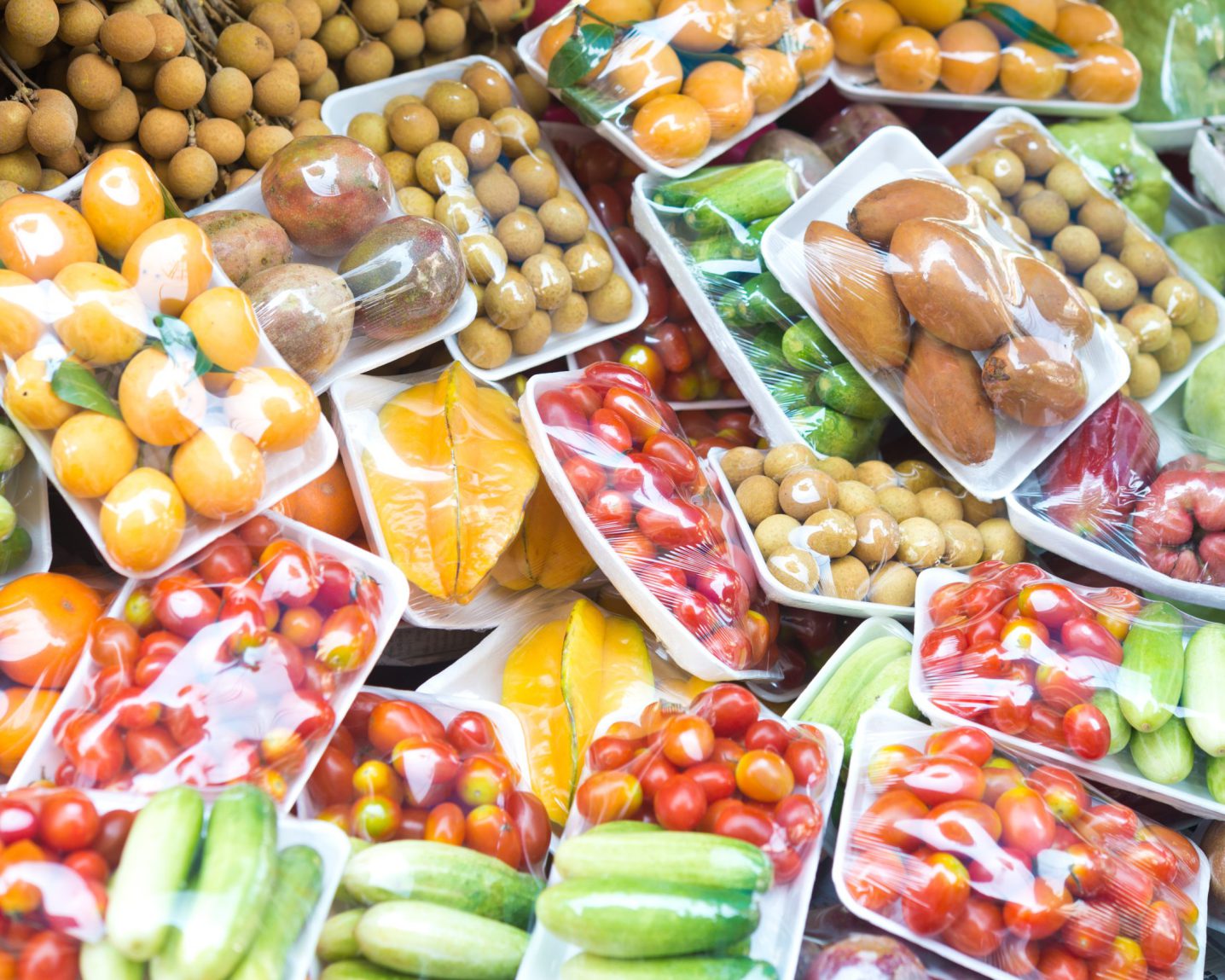Promoting circular packaging in the food and flower industry in Kenya
Promoting circular packaging in the food and flower industry in Kenya
Kenya wants to transition to more sustainable packaging for the agro-food and flower sector. The sustainable transition from expensive imports towards local alternatives would result in sustainability and economic gains for the sector as well as more local employment opportunities.

The Challenge
The sourcing and producing of quality packing material in Kenya is a challenge currently. Almost all of the packaging material is imported from Europe and other countries. With governments, companies, and consumers becoming more environmentally conscious, there is a need for innovative sustainable packaging that reduces food waste and loss by preserving food quality. But also to address food safety issues by preventing food-borne diseases and food chemical contamination while minimizing the environmental footprint of packed food for both the local and export markets.
The Approach
The Embassy, together with the Ministry of Foreign Affairs of the Netherlands, asked us to follow a systematic approach to designing interventions under the new Programmatic Approach for Sustainable Economic Development (PADEO).

The aim is to pilot this systematic approach for achieving more progress on Sustainable Development Goal (SDG).
Impact
Local solutions for packaging will benefit environmental preservation, technological innovation, job creation, and economic growth.


